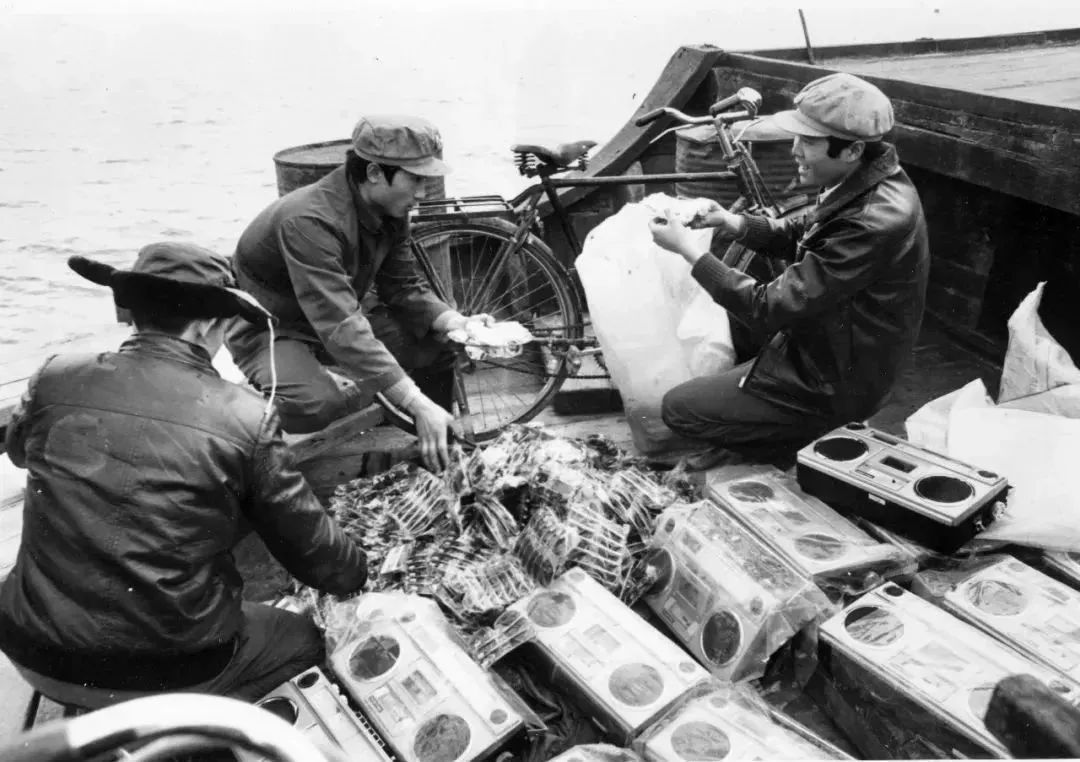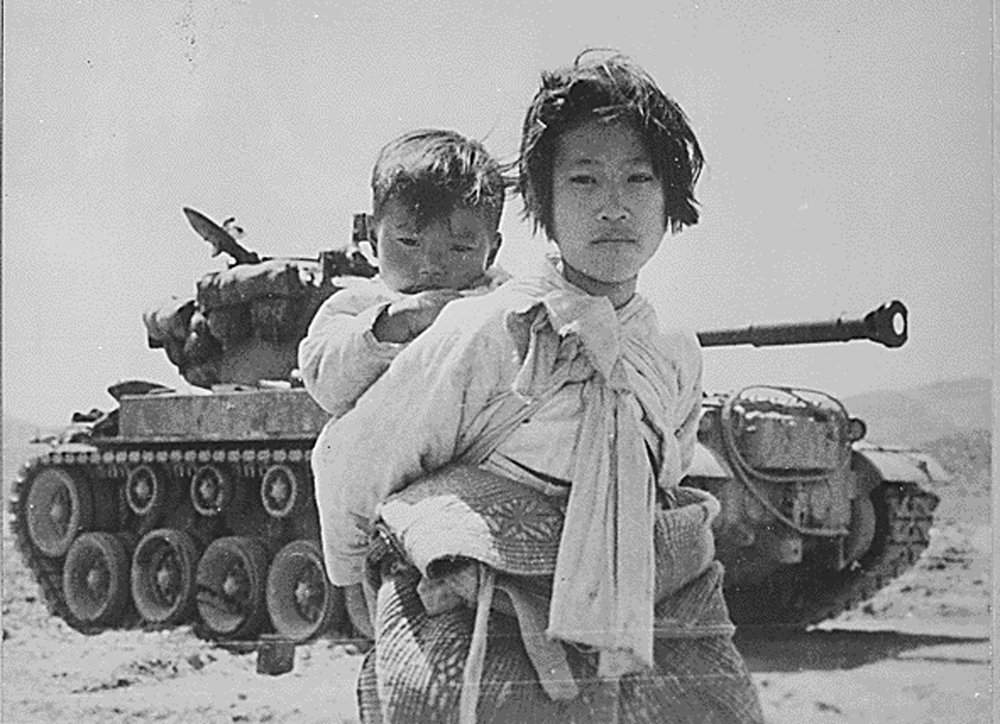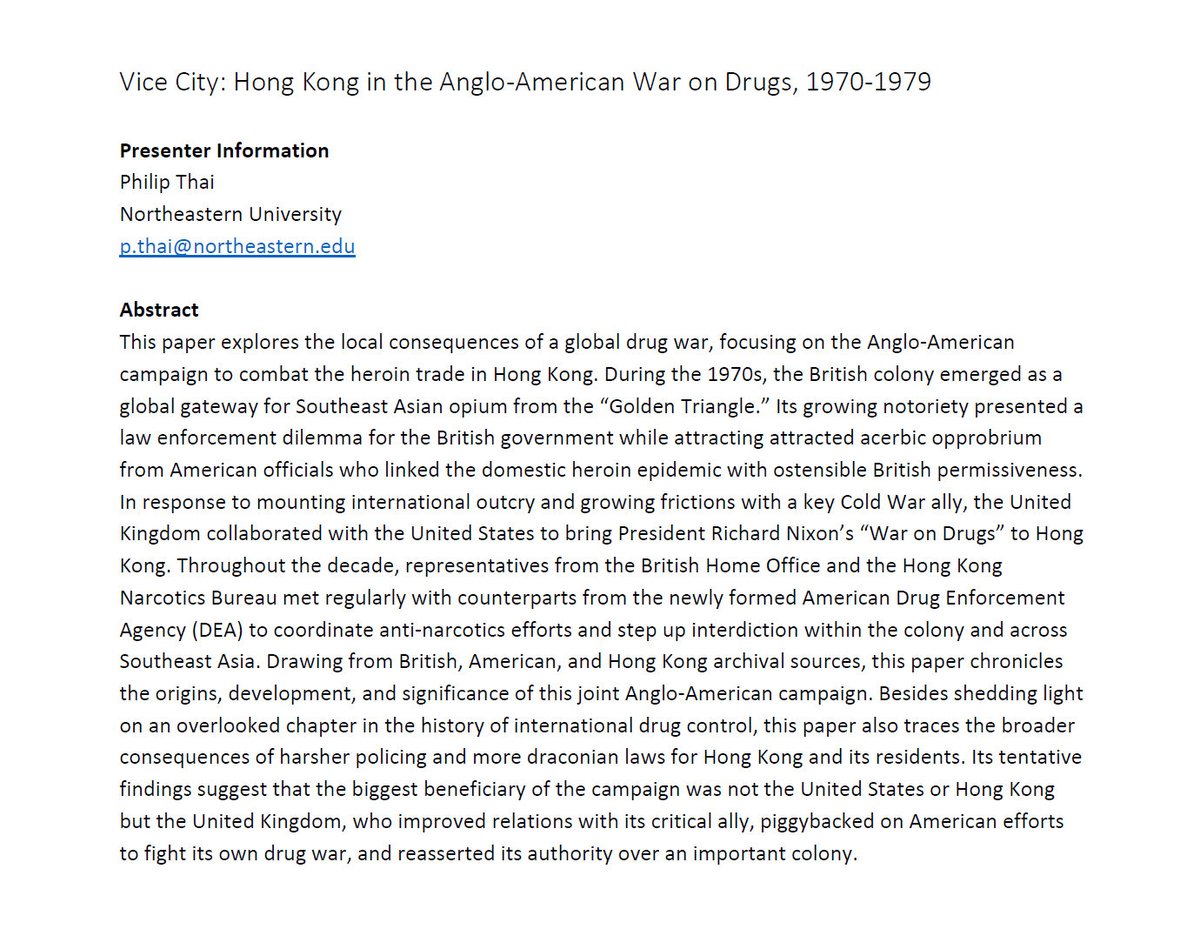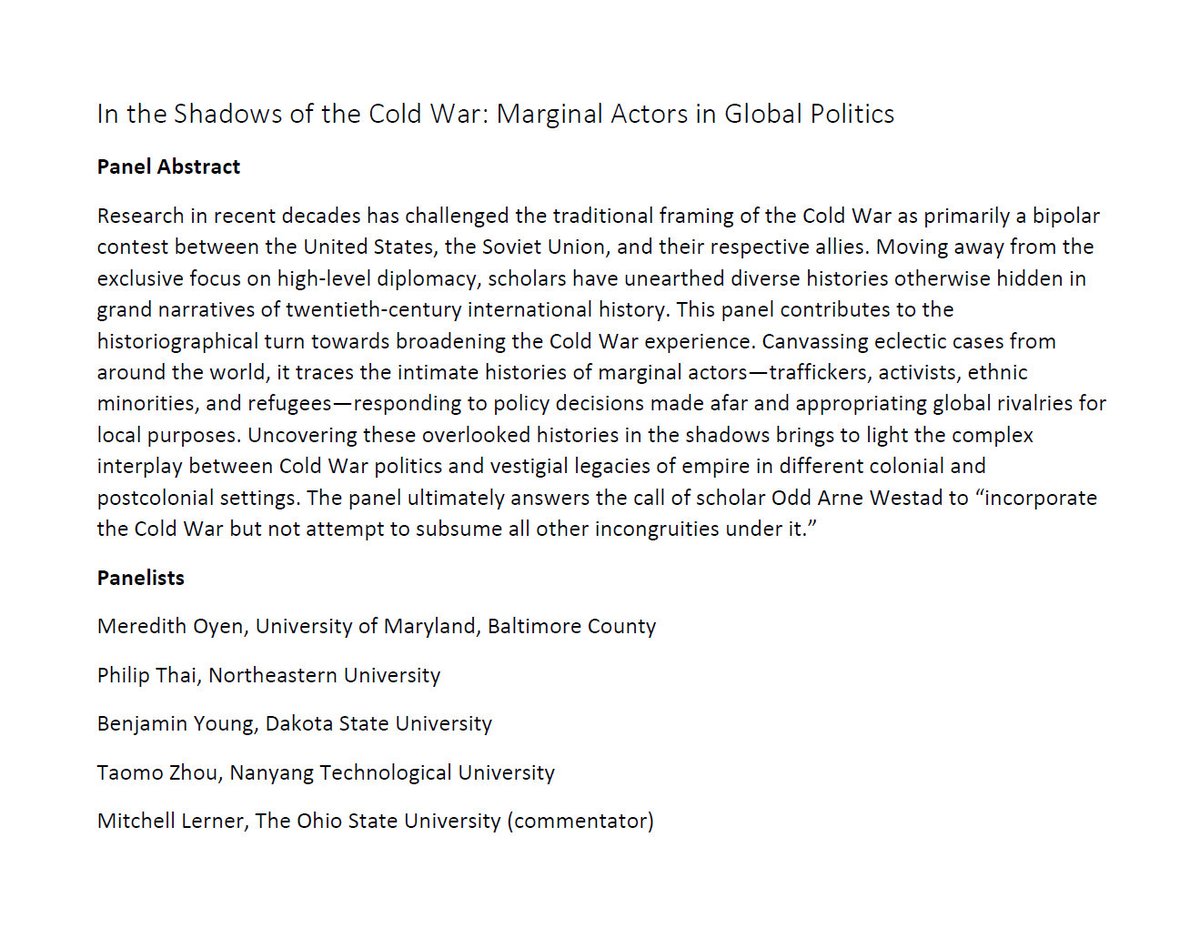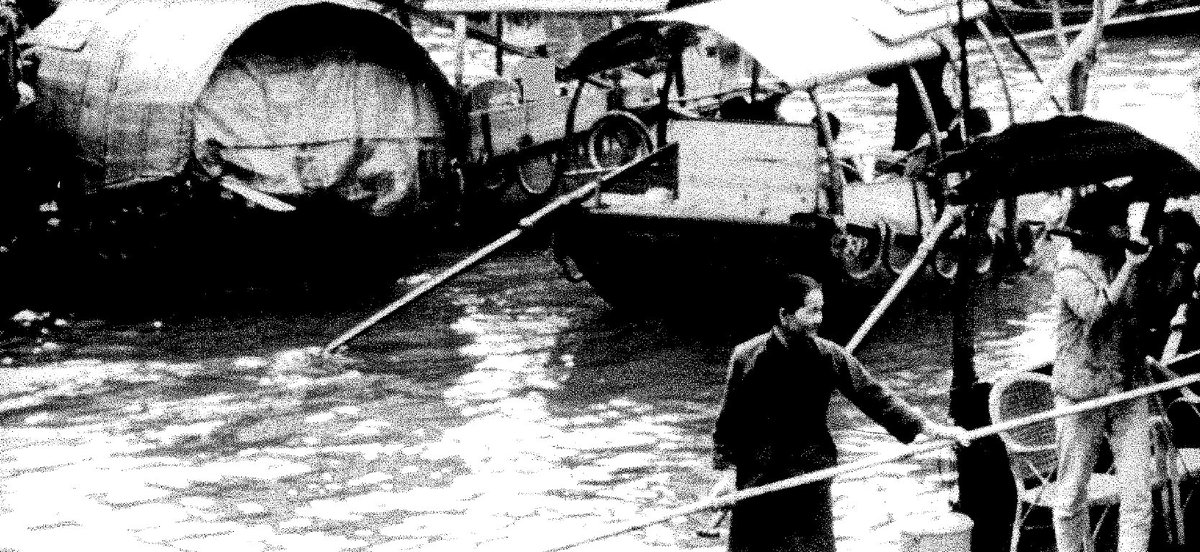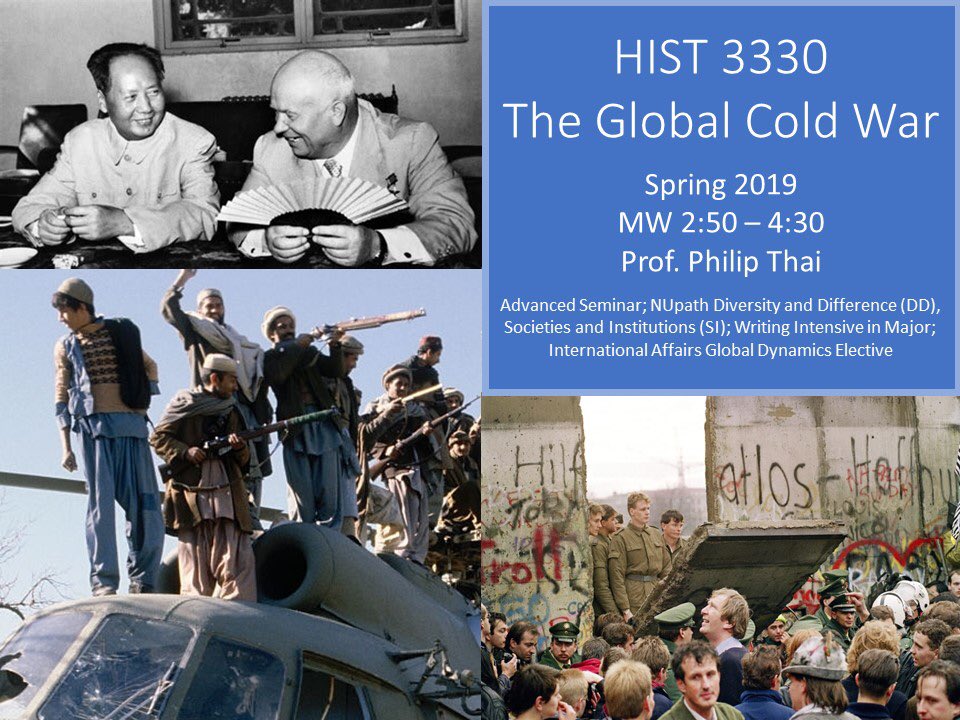1/ Currently researching the career of Percy Chen, the enigmatic HK lawyer for the PRC during the Cold War. The Afro-Asian Chen family of Trinidad stood at the intersection of European empires, Chinese nationalism, and Cold War politics. A thread about this fascinating family. 





2/ Matriach Alphonsine Agatha Gantheaume was a French Creole whose maternal family were former slaves and paternal family were the largest landowners on the island. She raised their 4 children, endured her husband's long absences, and passed away relatively young around 48. 

3/ Patriarch Eugene Chen 陳友仁 was a second-generation Hakka-Trinidadian who later became a confidant of the revolutionary Sun Yat-sen and China's Foreign Minister. He also brokered the alliance between the Nationalists and Communists and mentored a young Zhou Enlai. 
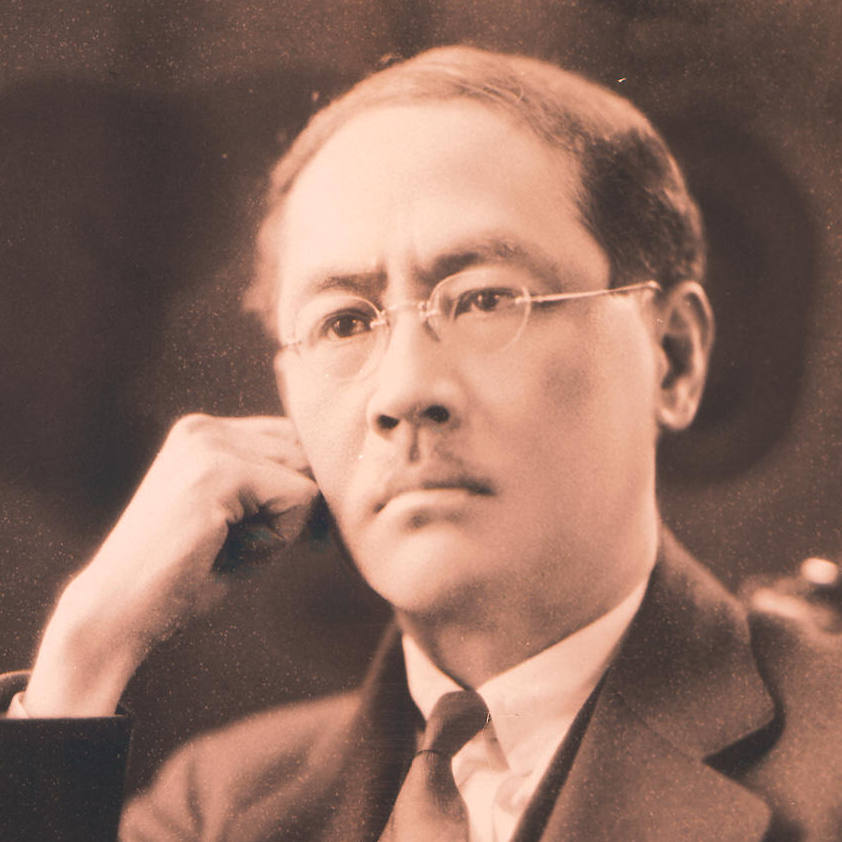
4/ When the Nationalists turned on their erstwhile allies in 1927, Percy was charged with the dangerous mission of spiriting Soviet advisor Mikhail Borodin out of China. Taking a winding path through the Gobi Dessert, Mongolia, and Siberia, they eventually made it to Moscow. 

5/ Percy's younger brother Jack 陳依範 joined him on the trek to Moscow and became a celebrated artist. His cartoons sought to rally support for China during its war against Japan. 

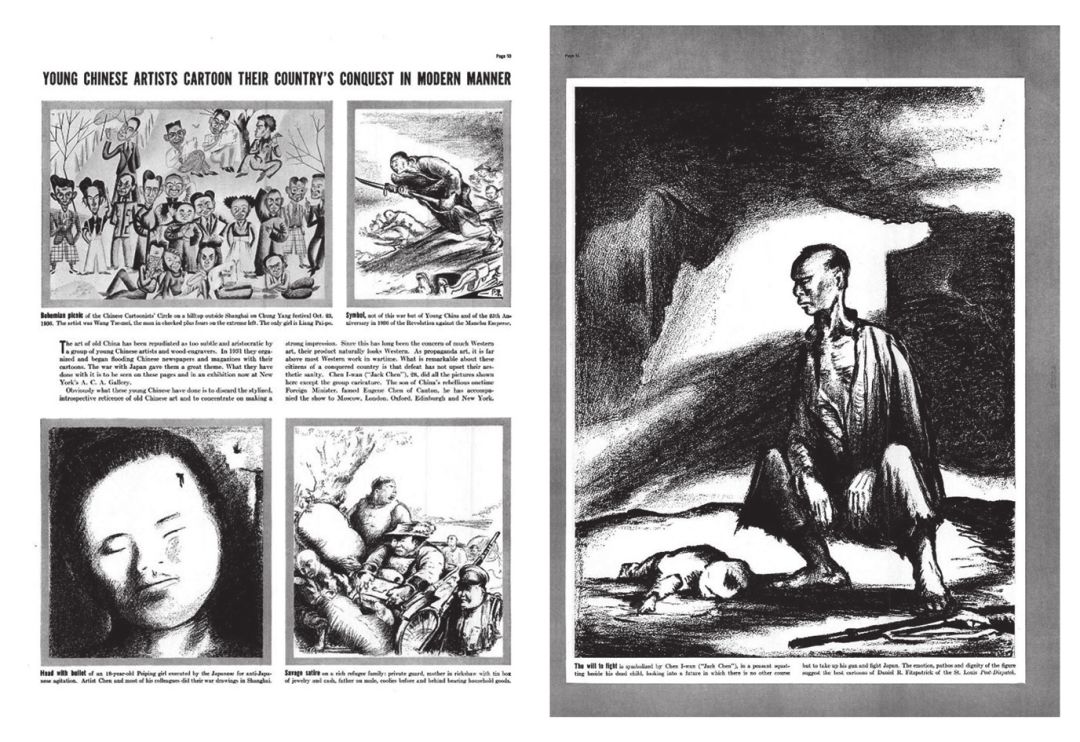

6/ Percy's sister Sylvia or Si-lan 陳錫蘭 studied ballet in Moscow and became a celebrated dancer and choreographer. She also became friends with poet Langston Hughes, who admitted he was "in love" with her. 


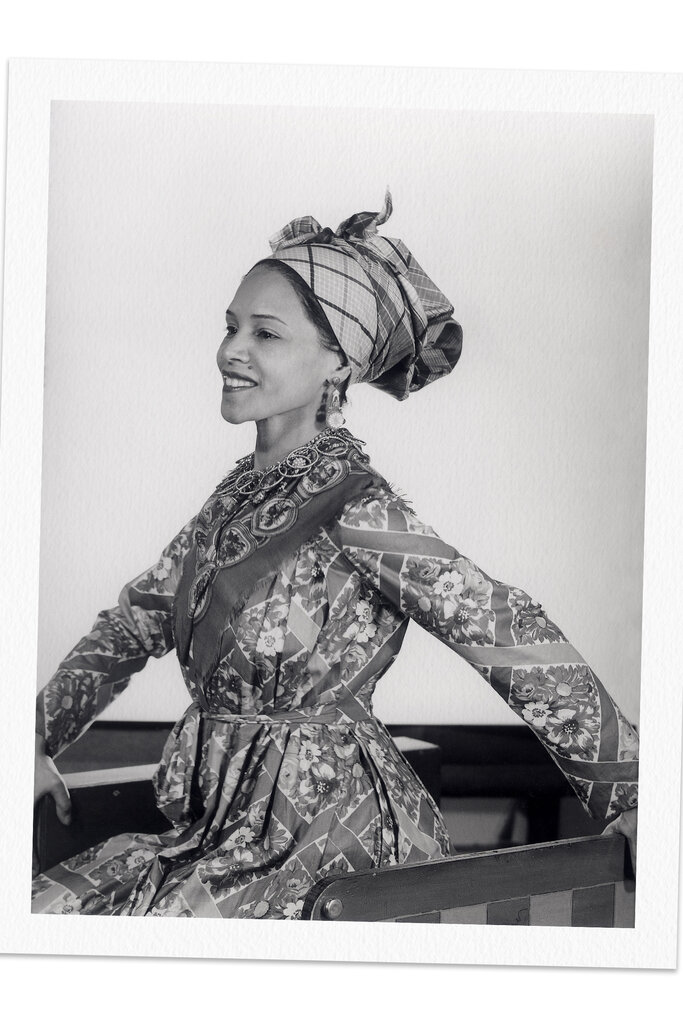
7/ There is so much more to this fascinating family and their individual stories. Please see "Return to the Middle Kingdom" by Yuan-tsung Chen, widow of Jack Chen; "A Modern Miscellany" by @Sinobevan; and "Arise, Africa! Roar, China!" by @YunxiangGao. 




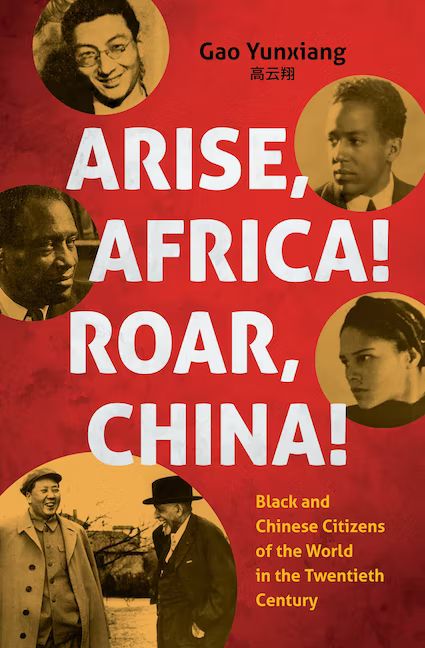
8/ Each of the Chen siblings also wrote memoirs that are worth reading. They describe (and omit) their experiences during major turning points in China's history—the Republican period, war with Japan, the Chinese Civil War, and life in the PRC. 




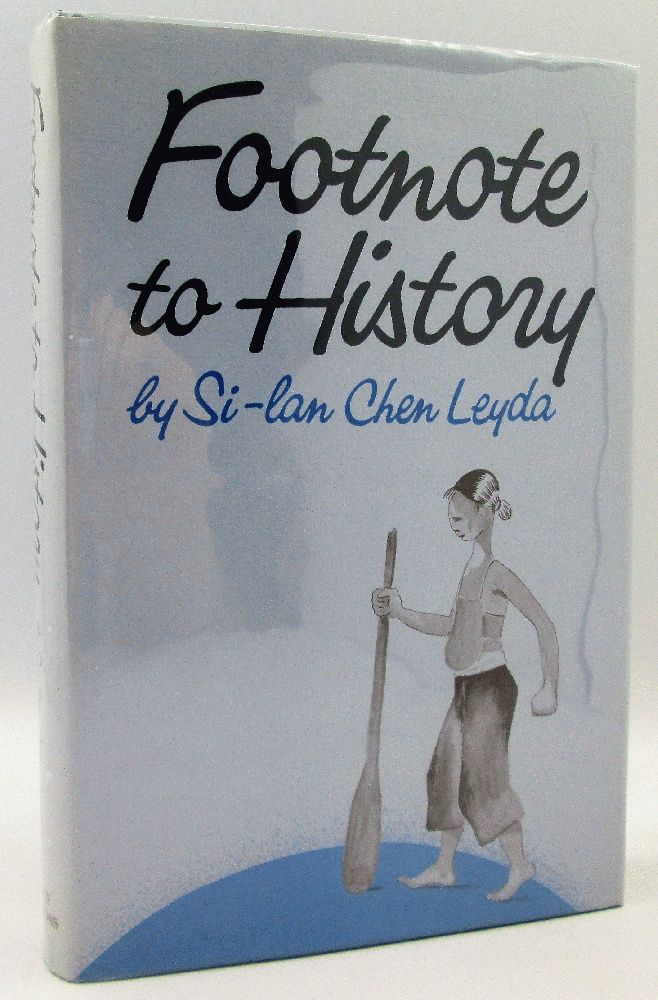
9/ And of course, I will discuss Percy Chen’s curious life and career as lawyer for the People's Republic in Cold War Hong Kong for an @ABFResearch virtual talk scheduled for 12:00 pm CDT (UTC−05:00) this Wed 3/29. Information on registration below:
americanbarfoundation.org/events/37025
americanbarfoundation.org/events/37025
• • •
Missing some Tweet in this thread? You can try to
force a refresh





